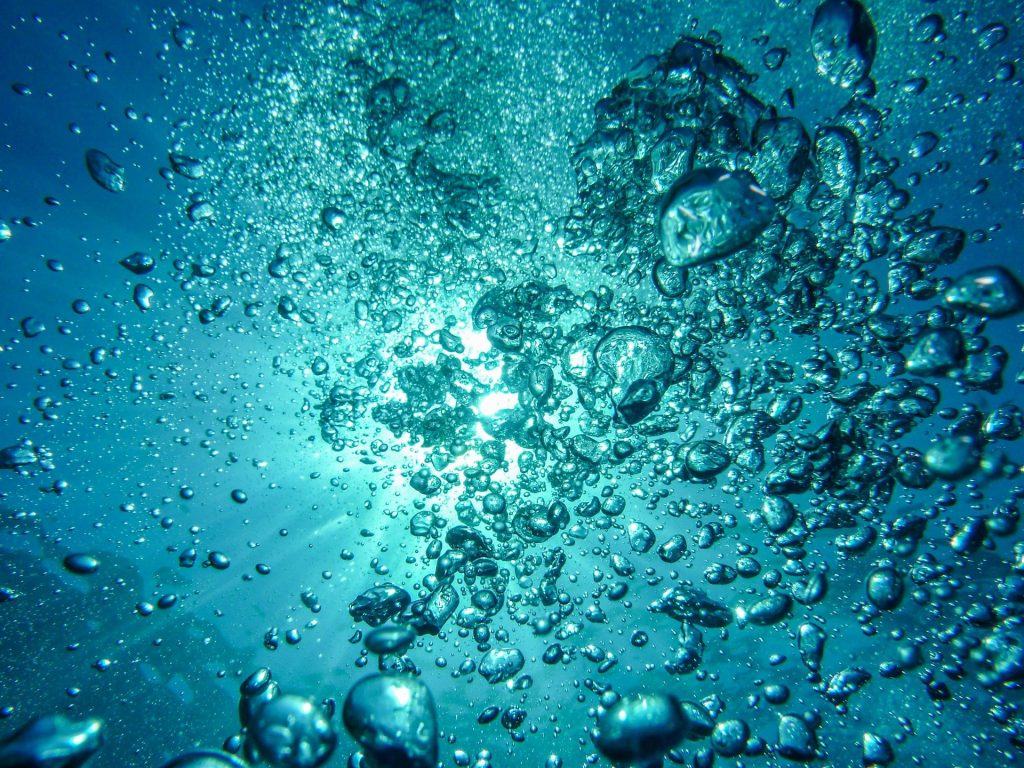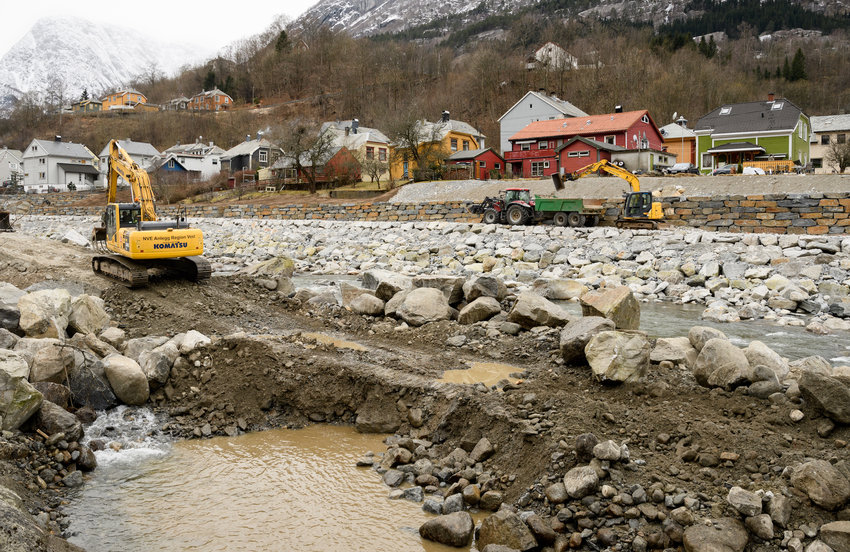On Tuesday, Klassekampen published a feature written by, among others, Øyvind Paasche and Kristine Grimsrud from Climate Futures. The feature addresses an important topic that needs to be discussed regarding the climate, namely the price of natural resources – more specifically: the ocean. The authors point to a possible national accounting system for the ocean that will show us how valuable it actually is, and even more importantly, what it will cost us if we fail to manage it responsibly.

When a company pollutes the air, they can do it without any additional costs to their books. Nevertheless, the pollution will affect the air quality of people living in the area and of course have an effect on global emissions. In social economics, we call these externalities. One can have negative externalities, such as the example of the polluting company, but externalities can also be positive – for example, a bee keeper’s effect on the nearby flora.
In the feature Sett tall på havets verdier (Put a Price on the Ocean’s Resources), Paasche et al. (2021) write about how to account for the costs associated with loss of biodiversity and uptake and storage of greenhouse gases in a monetary system. How can you put a price tag on the resources of the sea? The fact that natural resources have not had a numbered value does not mean that they do not have one. Despite the fact that this is something we have been aware of for a long time, especially so with the climate- and environmental changes, we are far from implementing such a system where the use (and misuse) of natural resources has a price.
Clean seawater is a premise for operation and production in the fishing- and fish farming industry, yet according to Paasche et al. (2021) there is “barely a column in a company’s accounts that shows expenses associated with the use of this service, even if they value the nature they make a living from”. When it does not have a numbered value, its worth becomes less obvious compared to other products and services.
Furthermore, the feature mentions a possible solution, namely the establishment of ocean accounts based on internationally determined and recognized accountant systems. Ocean accounts can consider more goods from nature, including those who are not already priced in the market. This will entail, among other things, that we have to stop leaning exclusively on the gross domestic product (GDP). It also requires international cooperation, to which Norway also has to contribute.
Holistic ocean accounts that acknowledge and appreciate the ocean’s contribution to human welfare and life quality is a good starting point. There is no doubt that Norway has the possibility to be leading in this field, but the question that remains unanswered as the authors wrap up the feature is: do we have the will?
Read the whole feature here (in Norwegian): https://klassekampen.no/utgave/2021-09-14/sett-tall-pa-havets-verdier

